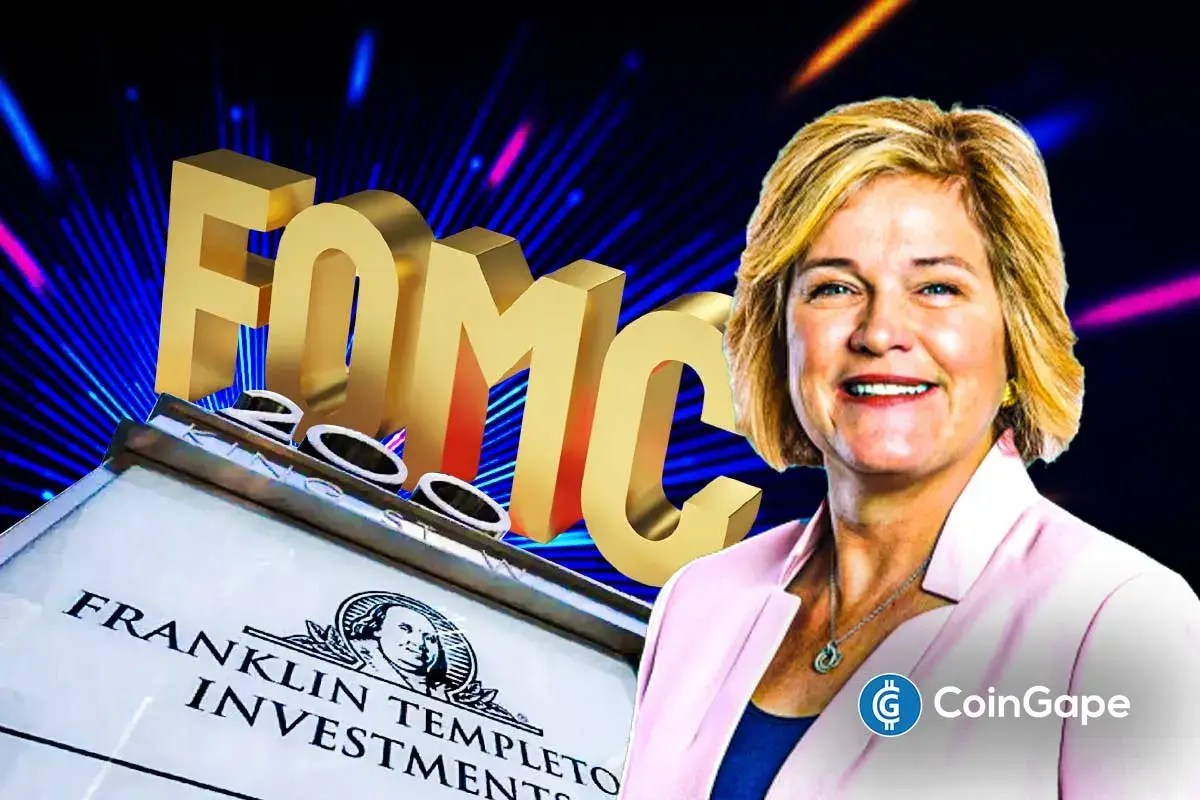tZERO Secures FINRA Approval for Corporate Debt Trading
TLDR
- tZERO secures FINRA approval to trade corporate debt, expanding market offerings.
- tZERO expands into corporate debt trading with FINRA approval for ATS platform.
- tZERO’s new FINRA approval enables corporate debt trading, enhancing liquidity.
- tZERO’s approval for corporate debt trading brings tokenized options to market.
- tZERO broadens its platform with corporate debt trading, embracing digital assets.
tZERO Group, Inc. has achieved a significant milestone with the recent approval from FINRA for its broker-dealer subsidiary, tZERO Securities, LLC. This approval allows tZERO Securities to facilitate the trading of corporate debt on its alternative trading system (ATS). The expansion into corporate debt marks a key development for the company, enhancing its offerings from equities to fixed-income products and reinforcing its role in bridging traditional finance with digital marketplaces.
Expansion of tZERO’s Trading Capabilities
The approval of corporate debt trading broadens tZERO’s platform, offering both institutional and retail investors more diversified assets. tZERO will now enable secondary market trading for corporate debt, which complements its existing capabilities in primary offerings. This development positions tZERO as a comprehensive platform supporting a wider range of asset classes under one roof, integrating traditional debt securities with blockchain technology.
By adding debt securities to its offerings, tZERO ensures greater liquidity for corporate issuers, a factor that has been a challenge in traditional debt markets. This move also opens the door for exploring tokenized debt and structured products tailored to the market’s evolving needs. tZERO is focusing on meeting the demand for digitized assets while maintaining a regulatory-first approach to its operations.
Leadership on the Regulatory Milestone
tZERO executives have emphasized the strategic importance of the FINRA approval. Alan Konevsky, CEO of tZERO, highlighted how this approval strengthens the company’s role as a leader in tokenized securities. By expanding into corporate debt, the company is not only diversifying its offerings but also increasing market access for issuers and investors alike.
Alex Vlastakis, President of tZERO Securities, echoed this sentiment, emphasizing that the approval will improve liquidity options for corporate debt. He pointed out that this move aligns with the growing demand for tokenized real-world assets. As tZERO continues to innovate, it is preparing to introduce a variety of tokenized debt products designed to cater to different market segments.
Broader Implications for the Market
The approval of corporate debt trading on tZERO’s platform signals a broader shift in capital markets. By introducing blockchain solutions to the traditionally opaque and illiquid debt market, tZERO aims to improve transparency and efficiency. This move could reshape how corporate debt is traded, making it more accessible to a wider range of participants.
The approval reinforces the ongoing trend toward regulatory acceptance of digital asset platforms. With institutional investors seeking compliant ways to access digital assets, platforms like tZERO are leading the way in modernizing capital markets. By combining blockchain’s transparency with traditional regulatory oversight, tZERO is advancing toward a more integrated financial ecosystem.
The post tZERO Secures FINRA Approval for Corporate Debt Trading appeared first on CoinCentral.
You May Also Like

Franklin Templeton CEO Dismisses 50bps Rate Cut Ahead FOMC

Trump threatening broadcast station licenses — explained
